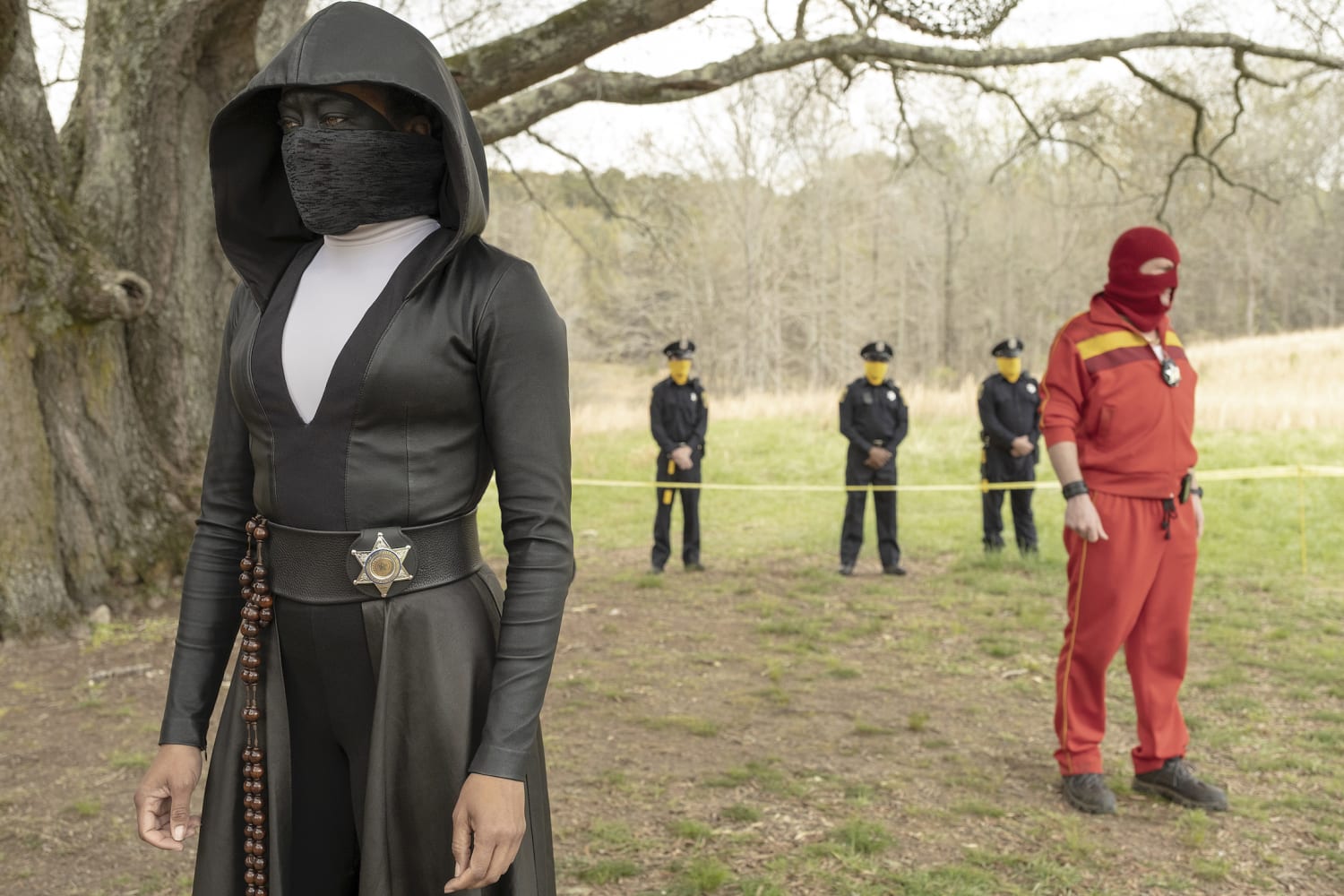The Martian by Andy Weir is a gripping novel about the struggles of an astronaut stranded on Mars. Within this reality, the protagonist— Mark Watney— is completely separated from humanity and lives in near complete isolation, his only connection to Earth being an old Mars rover that he configures into a messaging link to Earth. While Mark lacks interactions with others, Weir also portrays the multi-national efforts to rescue him back on Earth. Within these efforts reside politically motivated actions as seen between the American and Chinese governments as they merge their space programs’ respective work to be able to save the single stranded man.
Although there has historically been a lot of tension between the American and Chinese governments, their space agencies— NASA and CSNA— scrap together a supply probe to allow for an attempt to rescue Mark. This collaboration is seen as reasonable as the agencies see it not as a collaboration between two hostile governments but rather scientists coming to aid one another in order to save a human being. With this in mind, we see that military might and governmental pressures/powers are surpassed by humanity’s need to push boundaries and explore the unknown. However, this raises an important question; what is the value of a human life?
Throughout our day-to-day lives, there are hundreds of preventable deaths that can be countered through simple actions: the homeless person on the side of the street can be saved from starvation through simple generosity, gun deaths could be prevented through actually effective legislation, and suicides can be decreased through greater access to mental health resources. With all these issues plaguing millions across the world, why is it that the government may be more ready to spend trillions to save only one man? Weirs simple reasoning is the furthering of mankind’s understanding of our universe. Saving Mark is a decision banked on the fact that Mark’s experiences and knowledge will benefit humanity as a whole whereas saving large groups of other people through legislation reform doesn’t “benefit” humanity as a whole. This idea sets up a case of “Othering” where only those deemed important and beneficial to society are cared for and protected. Those deemed “unimportant” are expendable in the eyes of governments, a cruel and cold view of the world.











